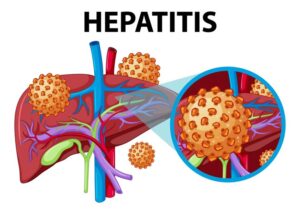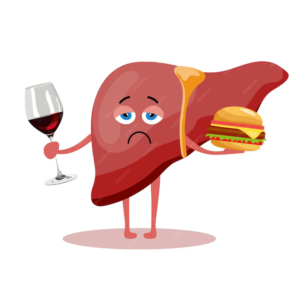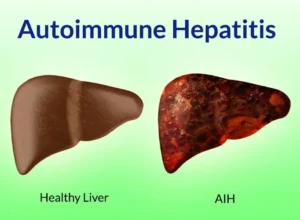Cirrhosis is a late-stage liver disease characterized by extensive scarring and irreversible damage to the liver tissue. This condition develops gradually over time, often as a result of chronic liver inflammation and injury. Cirrhosis impairs liver function, leading to complications such as portal hypertension, ascites (fluid buildup in the abdomen), hepatic encephalopathy (brain function impairment), and an increased risk of liver cancer. While cirrhosis cannot be reversed, early detection and management at SRM Global Hospitals can help slow disease progression and improve quality of life.






If you have risk factors for cirrhosis or experience symptoms suggestive of liver disease, it’s essential to seek medical evaluation at SRM Global Hospitals, Chennai promptly. Here are some specialists you may consider,


MBBS, MS, MCH(Surgical Gastro), PDF (Liver Transplant & HPB Surgery), FACS, FICRS
Senior Consultant




WhatsApp us